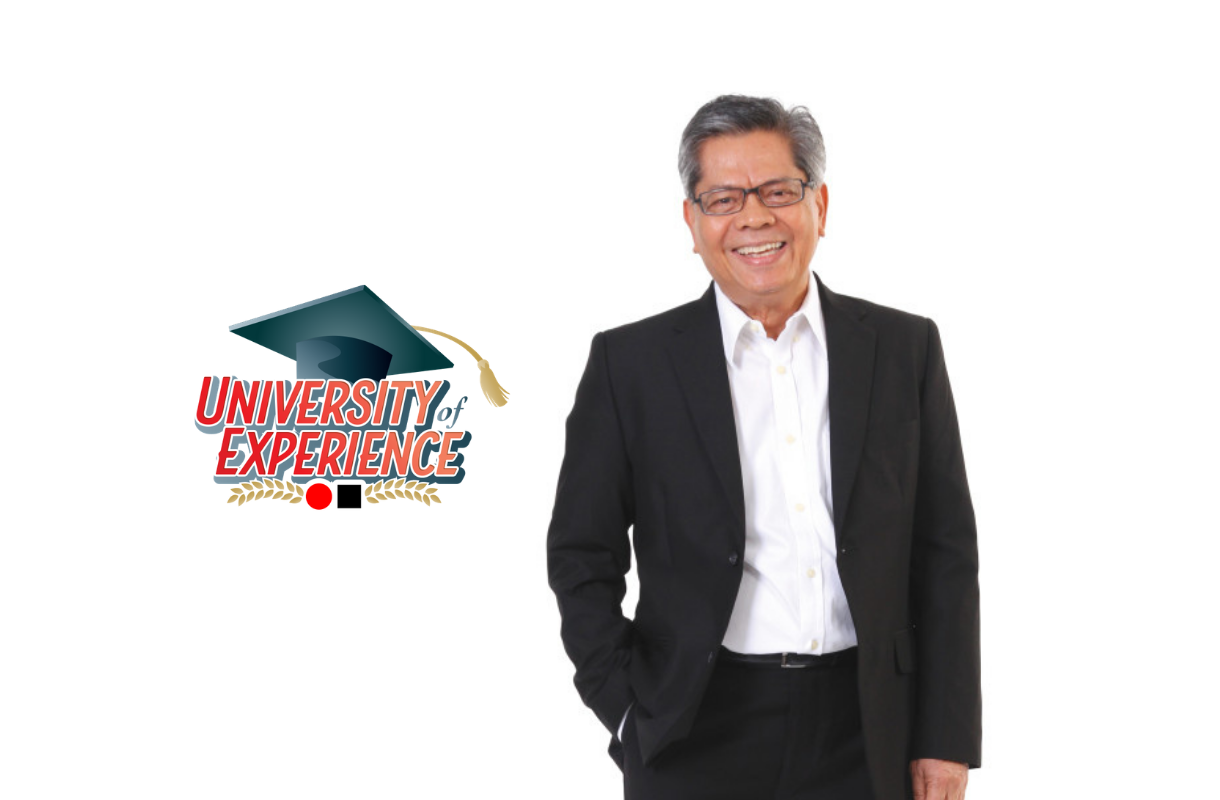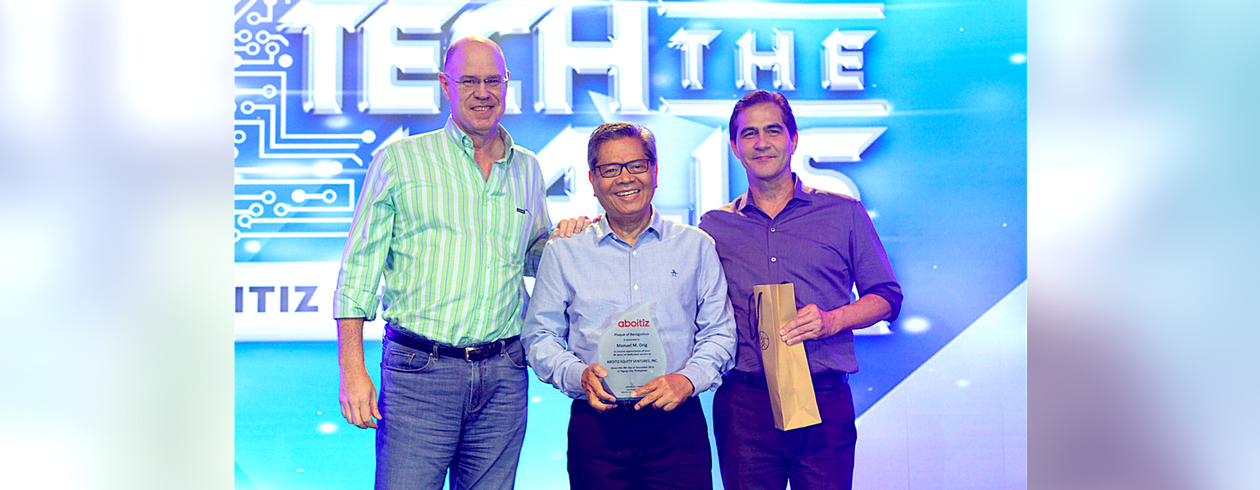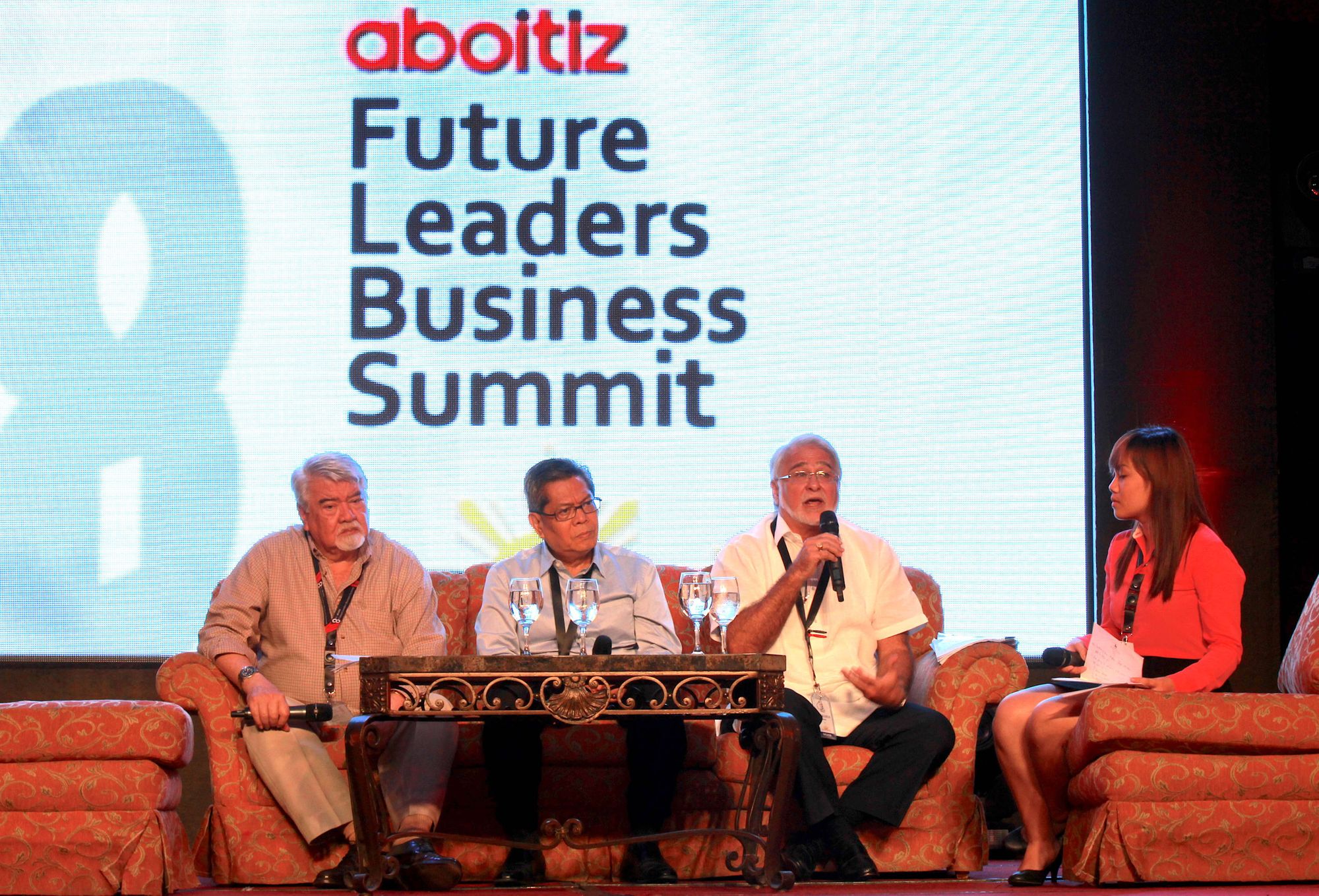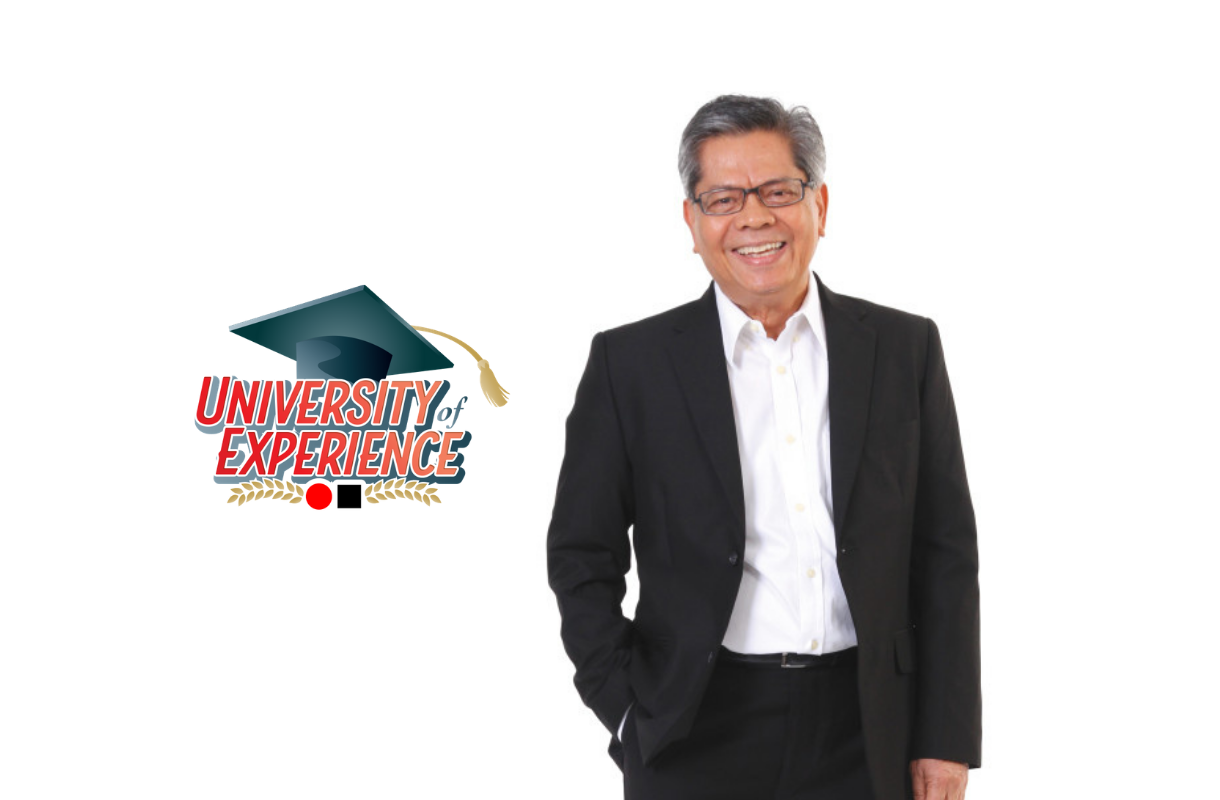
by Manuel “Bobby” Orig, Director, ApoAgua
(This is the first part of a two-part article.)
Leading a meaningful life and a good life are different. A meaningful life is what you need to live a life of purpose and significance while a good life is what you need to lead a happy life. As I have anchored my personal and professional life on a set of principles, I truly believe that to lead a meaningful life and a good life, you have to be crystal-clear about your guiding principles.
As explained by Ray Dalio, author of the widely-acclaimed book Principles:
“Principles are fundamental truths that serve as the foundations for behavior that gets you what you want in life. They can be applied again and again in similar situations to help you achieve your goals.”
I learned the principles that I have adopted from the advices of my bosses and family as well as from learnings, insights, reflections, and mistakes I committed along the way. And I have tested and proven their usefulness over time through my experiences in pursuing my goals and in dealing with challenging situations in my life.
I would like to share with you seven principles upon which I have anchored my quest to lead a meaningful life and a good life. I thought that just as I have, you too will gain invaluable benefits from these principles. But of course, you have to be very discriminating in evaluating their merits and adopt only the ones that you believe will be helpful to you.
For each of the six principles that guided my quest for a meaningful life, I will explain the situation that led me to embrace it. For the principle that is guiding my quest for a good life, I will share with you the findings of a 75-year old study on Adult Development conducted by the Harvard Medical School as shared by its current director, Robert Waldinger.
The first principle in my quest to lead a meaningful life:
“You need to strike a balance between investing your time and energy to develop your professional capabilities and to make a meaningful impact on others. Because your success at developing your professional capabilities will be hollow if you fail to serve a purpose larger than your own.”
I formed this principle from an insight that I had after I first retired from my work. And I regretted deeply not having formed and embraced it sooner. I imagine how much more significance I could have infused into my life if I had pursued this principle sooner.
Before retirement, I have devoted my time and energy almost exclusively to developing my capabilities, earning a living and promotion, proving myself, and working to become a success at work.
I have earned a number of promotions in Davao Light & Power Company, including promotion to the highest position I could aspire for at the time, Executive Vice President. On top of that, I have been awarded the highest honor that can be bestowed to an employee of the Aboitiz Group.

Yet, notwithstanding the achievements and recognitions I have earned, there was a gnawing feeling inside of me that I have not infused significance into my life. I realized that there is more to life than just being a success at work. You also have an obligation to make a difference for others, to make our world a better place.
So, I decided late in my life to devote a good part of my time and energy to making that difference.
In 2003, I founded the Leaders and Achievers of Davao Award or LEAD Award, which is given by the Davao Jaycee Senate. The LEAD Award is an annual search for men and women 40 years and older to be recognized for their meaningful contribution in uplifting the well-being of Davao City and Dabawenyos. Since its inception, the Award has already been bestowed on 20 awardees, among them, Dr. Leopoldo Vega, the current Health Undersecretary; Perla Kwan, educator (wife of a former Davao Light executive Roger Kwan); and Col. Dionisio Abude, the traffic czar of Davao City.
In 2017, I also started to engage in an advocacy work of helping leaders learn about the concepts and tools for ‘Building, Managing, and Sustaining a High Performing Culture’, based on the book Primed To Perform by Neel Doshi and Lindsay McGregor. I decided to engage in this mission because studies show that excellent organizations anywhere in the world have one thing in common—they have high performing cultures. They are organizations that are able to produce and deliver superior products and services to their customers and, therefore, to society.
I figured that if I am able to help bring this condition about, I will, hopefully, be doing my share in making our world a better place.
To date, I have shared my presentation on culture to leaders of 15 organizations including the City Government of Davao, Southern Philippines Medical Center, and the Ateneo de Davao University.
The second principle is this:
“In your work, always strive to help make the person you work for and work with to become effective. Never compete with them. If you do this, you will be successful.”
After graduating from college, I immediately applied for work and joined Aboitiz & Company.
After 3 years of working as Staff Assistant to the Personnel Manager, I was promoted to the position of Personnel Manager and got the opportunity to report to a new boss, Romy Ronquillo. He gave me this most profound advice—this second principle—that I adopted in my professional life.
Subsequently, Mr. Ronquillo recommended my promotion as Assistant Resident Manager of Davao Light & Power Company.

Over the years, I have seen my former boss’s advice work like a magic charm for me. I enjoyed continuous employment with ever-increasing responsibilities at the Aboitiz Group for more than four decades—and retiring three times in the process, from three different companies.
I believe, and it has been my experience, that if you work to help make the people you work for to become effective, and you don’t compete but instead collaborate with them, they will come to rely and appreciate you more. Where there is an opportunity for you to move up to a more challenging role that they figure you can capably handle, they will most likely support your advancement.
On the other hand, if you work to help make the people you work with to become effective, they will most likely return the favor when you need their help. Ultimately, it enriches working relationships.
I am sharing these next two principles together because they are closely related.
My third and fourth principles are:
“Always learn to love what you do.”
“Always bear in mind that in the end, what is expected of you is to help provide solutions in behalf of your company and obtain solutions for your company.”
It is a fact that the success of a company is fueled by the support of satisfied and loyal customers. And that the company will be in a better position to gain these customers if the latter can see and feel that they are valued by the people who work for the organization. Invariably, the people who value customers are the ones who love their work and have a clear understanding that their mission is to provide solutions that are responsive to customers’ needs.
On the other hand, I adopted the twin principle “always bear in mind that you are expected to help obtain solutions for your company” because I believe that the company’s capacity to achieve its goals will be helped a lot by people who have the mindset and discipline to promptly spot the underlying causes of problems at their levels and do whatever it takes, within the bounds of prudence, to solve them.
There is also saying: find a job that you love and you’ll never work a day in your life. People who truly love what they do and who think their work is meaningful have a distinct advantage when they arrive at work every day. They throw their best effort into their job, and it makes them very good at what they do. And they give their best effort to achieve their potential.
(Click to read Part 2)
Did you enjoy this article? Do you want to suggest a topic on leadership?

